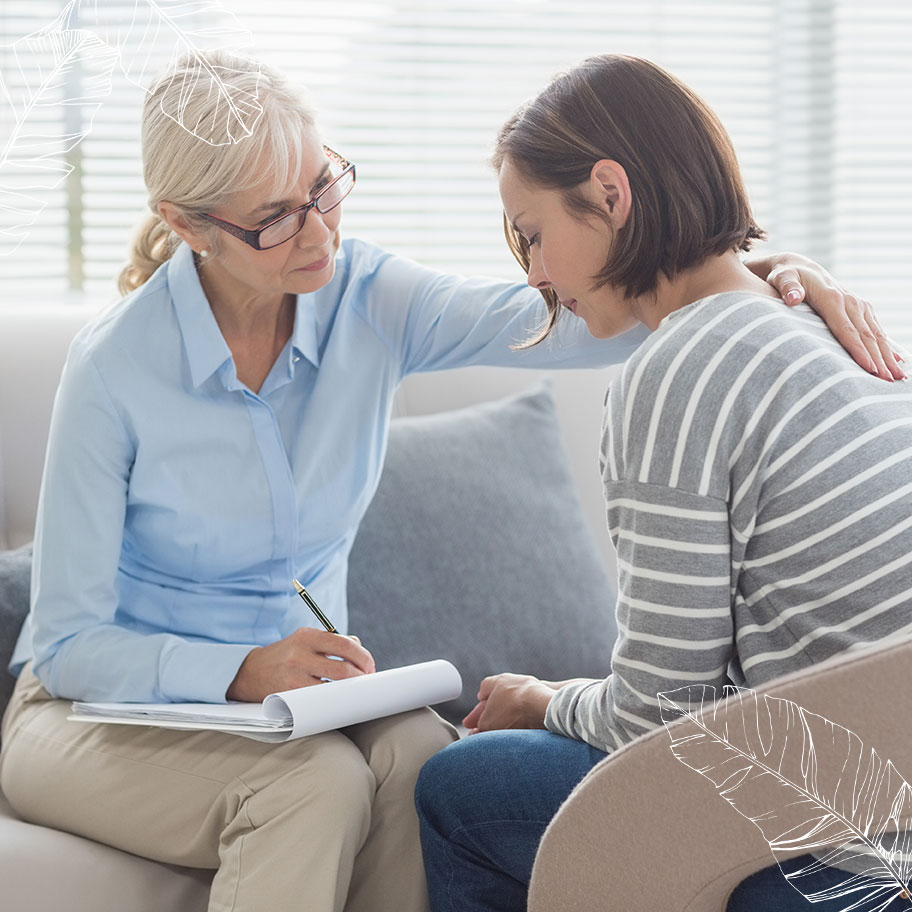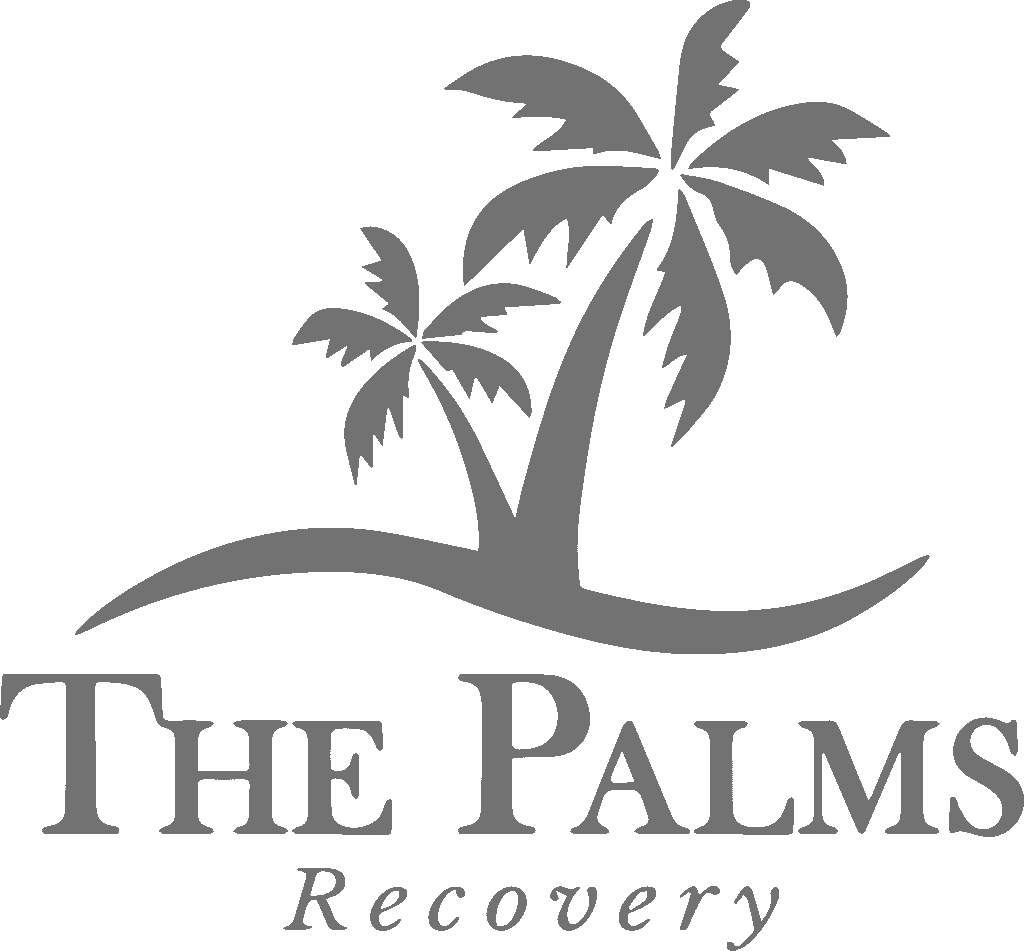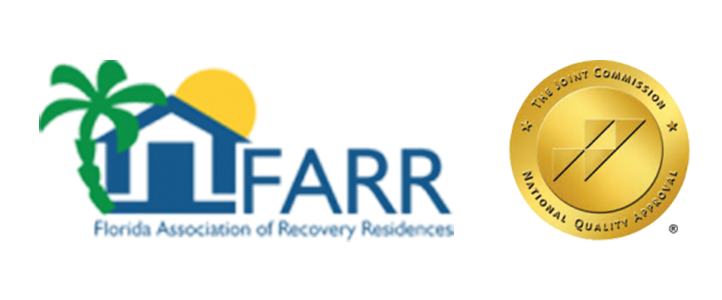Outpatient Program in Palm Springs
Flexible, Effective Addiction Treatment
Recovery is a journey, not a destination. For many, the most crucial phase of this journey is successfully re-integrating into daily life while maintaining a strong connection to recovery.
Our Outpatient Programs at The Palms Recovery are designed to provide just that: a flexible, supportive, and effective solution for long-term sobriety.
This level of care allows you to live at home or in a sober living environment, attend to work, school, or family responsibilities, and still receive the expert clinical care and community support you need to thrive.
What is an Outpatient Program?
Our outpatient rehab services are a step-down from more intensive levels of care, like residential or partial hospitalization (PHP). Instead of living at our facility, you attend scheduled therapy sessions (both individual and group) at our serene Palm Springs center for a set number of hours each week. This model empowers you to actively practice the coping skills you’ve learned in a real-world setting, all while backed by the safety net of our professional team.
We offer two distinct levels of outpatient care to meet your specific needs:
Intensive Outpatient Program (IOP): This is a more structured program, typically requiring 9-15 hours of treatment per week. It is an ideal step-down from PHP or for those who need a high level of support and accountability as they transition back to their daily lives.
Outpatient Program (OP): This is our standard outpatient service, offering fewer hours per week (typically 3-6). OP is focused on long-term maintenance, relapse prevention, and providing consistent support as you navigate your new life in recovery.

Who is a Good Candidate for Outpatient Treatment?
An Outpatient Program is an excellent choice for many individuals, particularly those who:
- Have a stable, supportive, and trigger-free home environment.
- Have successfully completed a higher level of care (like detox, residential, or PHP) and are ready for the next step.
- Must maintain responsibilities such as work, school, or caring for family.
- Are highly motivated in their recovery and have a strong personal commitment to sobriety.
- Are seeking continued support for dual diagnosis and mental health.


